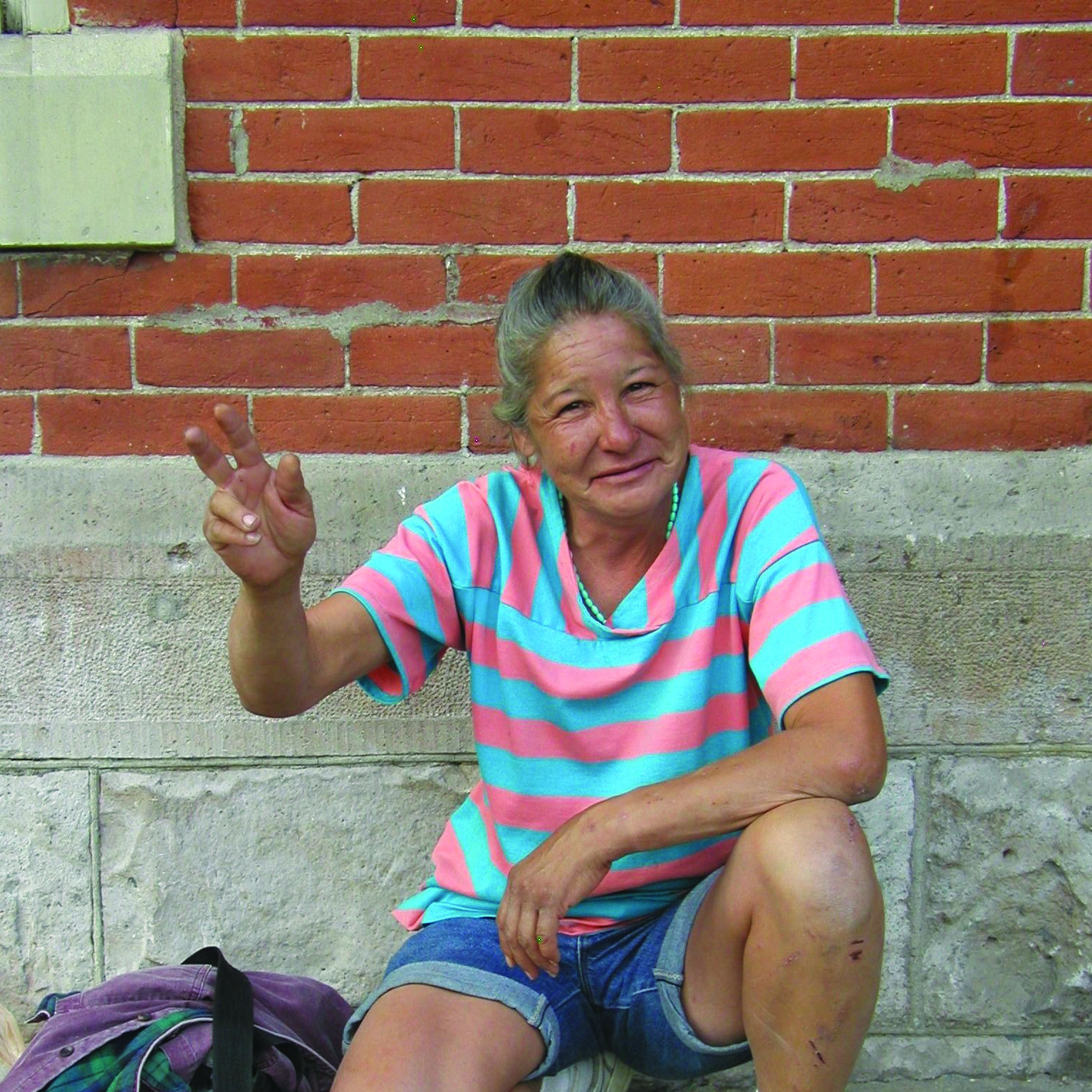Homeless Women's Struggles: The Invisible Side of Homelessness

Image source: Catholic Charities Oregon
If I asked you to imagine a homeless person, what image would come to your mind? Whatever the details, it would likely be of a man. Many people have a male-default mindset when thinking about homelessness, which is one of the ways the struggles of homeless women are rendered invisible to the public. Women are half of the human population, and yet the problems they face are often dismissed or not considered. This is especially so when it comes to homelessness—women are especially vulnerable to becoming homeless due to domestic violence, and sleeping outside can leave women at risk of sexual assault. Women’s needs should be at the forefront when considering how best to provide services for the homeless population.
One of the most important things that should be done for homeless women is for there to be shelters that specifically serve women and not men. Many women become homeless because they’re escaping domestic violence from male partners—and even in cases where that’s not the cause of homelessness, many women still have experienced trauma from men’s violence against them. In order to be able to gain a sense of stability that will give them the chance to work towards permanent housing, they need a living space that is free from constant reminders of past trauma and potential threats. Homeless women are in a very vulnerable situation and need to be able to access space where they’re not at risk of male violence.
There are a few such homeless shelters that serve specifically women in my local part of Oregon, the Portland metro area. One of these is Rose Haven, a day shelter and community center that assists homeless women and children by providing essentials such as meals, clothing, and showers, as well as community meetings and guidance programs. Unfortunately, due to its nature as a day shelter, women can’t sleep there at night—however, there are other shelters in the area that provide shelter at night: the Gresham Women’s Shelter and the Chestnut Tree Inn Shelter, both run by the organization Our Just Future. The Gresham Women’s Shelter is domestic violence-informed, and the Chestnut Tree Inn Shelter is a social-distancing shelter for COVID-vulnerable women. Beyond just shelters, there is also the Kenton Women’s Village, a neighborhood village made up of 20 sleeping pods, kitchen and shower facilities, and a community garden. This setup allows the women served by this program to have greater privacy than they would at a shelter, and a stronger sense of community and self-determination. One of the biggest ways to help these organizations is by donating money or supplies, or volunteering your time. Here are links to information about how to help each of the shelters described:
http://ourjustfuture.org/volunteer/
http://www.cervistech.com/acts/console.php?console_type=event&console_id=0305&cat_id=&filter_choice=&res_choice=&res_code=&source= (Note that this link includes volunteer opportunities for all programs this organization runs, not just Kenton Women’s Village)


Comments
Post a Comment